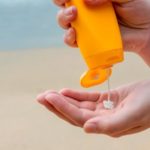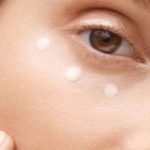Tips for Staying Healthy While Taking a Hot Bath
Children’s Health Benefits From Taking a Morning Bath Before Breakfast
To enhance blood circulation, eliminate metabolic waste and toxins from sleep, and rejuvenate the body, it is advised to indulge in a warm bath before breakfast. It is important to note that excessively cold baths can lead to catching a cold, so it is crucial to keep the water temperature moderate. Additionally, it is recommended to keep the bathing time short and efficient.

Is Bathing Before 8pm Necessary?
Taking a hot bath with a shower head before 8pm is a highly effective and natural method of relaxation after a long day at work. This therapy helps reduce stress and promote relaxation. It is recommended to limit the duration of the bath to 10 minutes in order to prevent getting a cold, as the body is not fully immersed in water like in a bathtub.
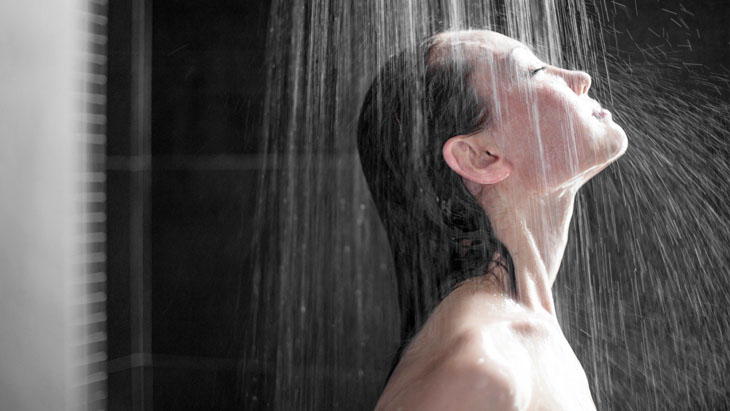
Warning: Avoid Showering with Extremely Hot Water
Showering with hot water is often a pleasurable experience, as the warmth soothes and relaxes the body. However, it is vital to be aware of the potential harm that hot water can inflict on one’s skin. Prolonged exposure to hot water can strip away the skin’s natural protective barrier, leaving it vulnerable and compromised. This knowledge underscores the importance of considering the potential consequences of showering with excessively hot water and taking necessary precautions to maintain healthy skin.
It is important to prioritize the health and safety of your skin. When bathing, it is strongly advised to avoid taking unnecessary risks. Lowering the water temperature is a simple and effective way to protect your skin.
Bathing with hot water within the range of 37 – 40 degrees Celsius can offer various benefits such as muscle relaxation, body detoxification, and a sense of tranquility. However, it is crucial to be mindful of your physical condition. If you are feeling tired or have circulatory issues, it is recommended not to exceed a bathing duration of 10 minutes.

Tips for Maintaining a Healthy Shower Head and Reducing Bacteria Growth
According to research experts, it is recommended to take precautionary measures before bathing in order to minimize bacteria exposure. One of these measures includes opening the shower head and allowing the water to drain outside for approximately 1-2 minutes. This initial water release is said to contain the highest concentration of bacteria. Additionally, it is advisable to keep the shower setting on the hot temperature for a few minutes to further eliminate bacteria before adjusting it back to the desired shower setting for use. These steps can help ensure a hygienic bathing experience for you and your family.
Regularly using specialized disinfectant solutions to clean the shower head can help reduce the buildup of bacteria. It is also important to regularly scrub the bathroom, particularly the sanitary area, at least once a week to prevent bacteria from entering the shower head and other appliances.
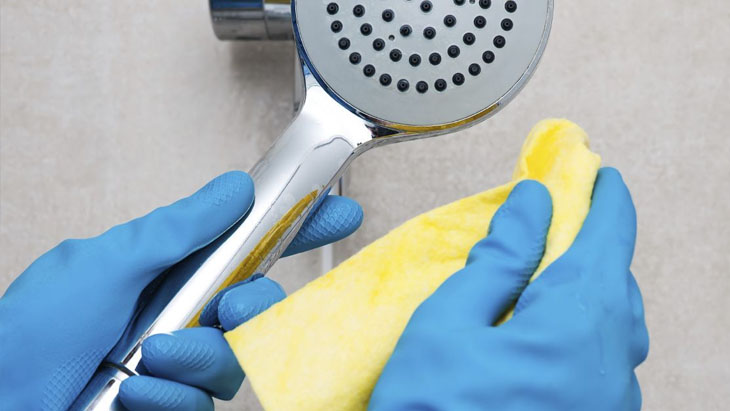
“Tips for Bathing in a Bathtub Safely”
Please gradually adjust the temperature of the water source to allow the body to acclimate.
When using essential oils, it is important to be aware of the potential risk of allergies. It is advisable to carefully assess the ingredients in products used in the bathtub, such as color tablets and nutritional skincare products.
Taking a bath for approximately 20 to 30 minutes is ideal.

It is important to remember to drink water after bathing, particularly after taking a hot bath.
Important Note for Individuals with Raynaud’s Disease
If you have been diagnosed with Raynaud’s disease, which is caused by a disorder of spasms that typically affect the arteries in the fingers but can also affect the toes, tongue, and nose, it is best to avoid taking cold baths.
Raynaud’s disease is characterized by episodes of discoloration and numbness in the affected areas, which can be triggered by cold temperatures or emotional stress. Cold water can act as a trigger for these spasms, worsening the symptoms and causing discomfort.
To manage Raynaud’s disease, it is important to keep the affected areas warm and avoid exposure to extreme cold. This includes avoiding cold baths or prolonged exposure to cold water. Instead, opt for lukewarm water for bathing.
Consult with your healthcare provider for personalized advice on managing Raynaud’s disease and for recommendations on treatments and lifestyle modifications that can help alleviate your symptoms.
Please note that this is general information and should not replace professional medical advice. Always consult with a healthcare provider for proper diagnosis and treatment of any medical condition.
Please refrain from immersing yourself in hot water or taking prolonged hot steam baths if you have diabetes, scleroderma, are pregnant, have high or low blood pressure, a history of epilepsy, are a child, or an elderly person.
It is recommended to begin by soaking in water, followed by stepping out to scrub, then soaking again, and finally concluding with a shower.
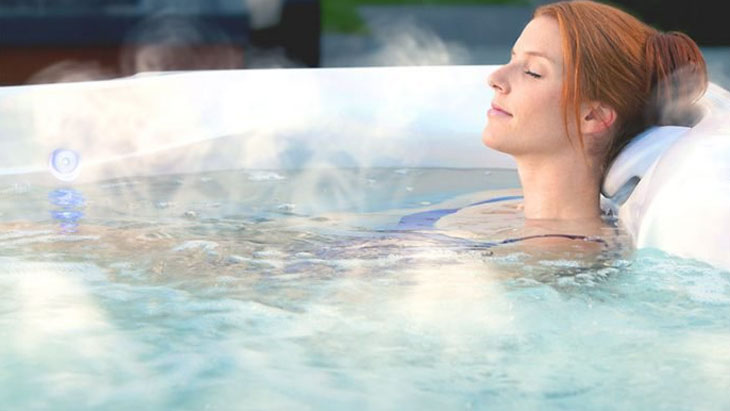
- Ensure the temperature of the water is suitable and not too hot to avoid scalding.
- Avoid spending too much time in the bath as extended exposure to hot water can dehydrate your skin and cause other health issues.
By following these helpful tips, you can enjoy a hot bath while safeguarding your well-being. Share this information with your loved ones to ensure their health and safety as well!



























